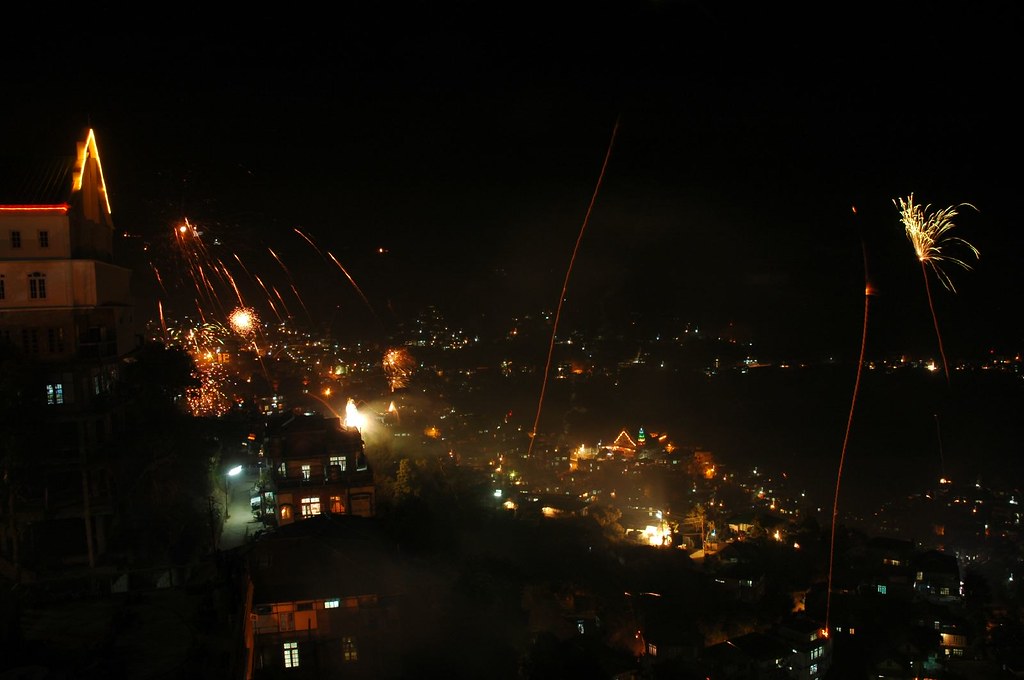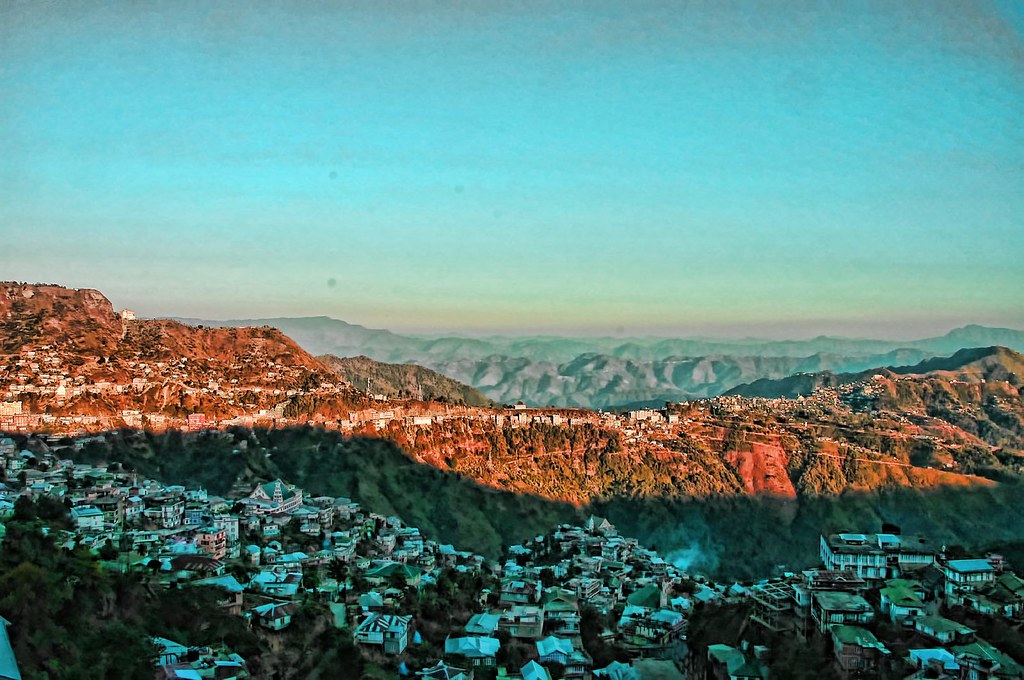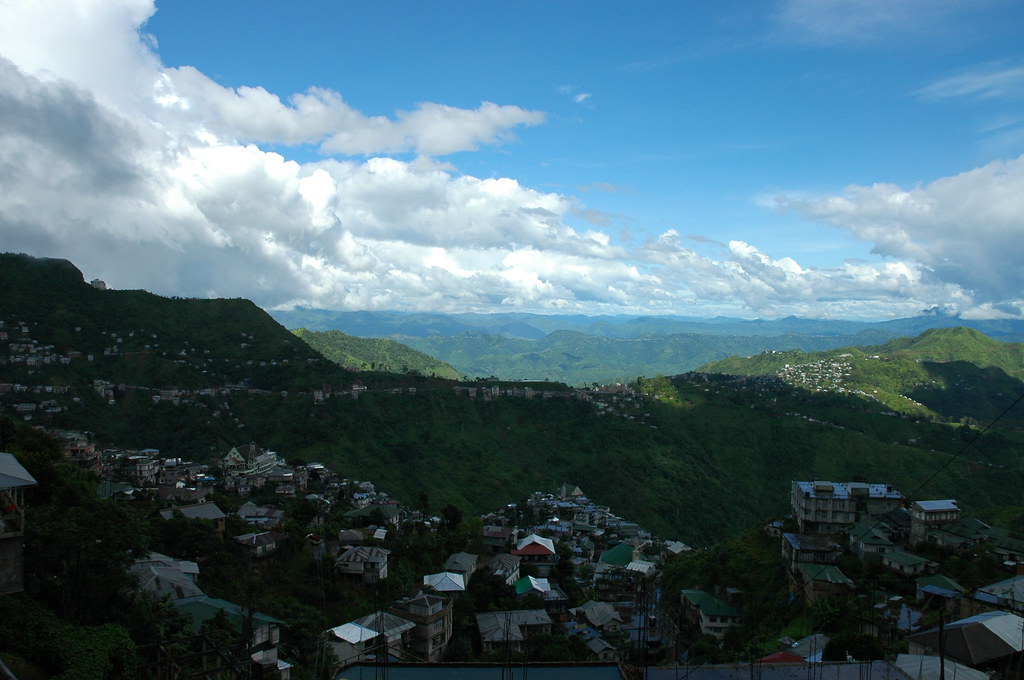Guwahati, Apr 23 : Polling in Northeast began this morning at 0700 hrs to
elect ten Lok Sabha members spanning over six states in the first phase of
elections that began amidst reports of brisk voting.
Except the sore condition in the North Cachar hills, where the politically
engineered violence is causing some panic, the north-eastern region was
free from any violence so far.
Among the six states, polling was on for three seats of Assam, two seats of
Arunachal Pradesh and Meghalaya each, and one each for Manipur, Mizoram
and Nagaland. Polling for the Inner Manipur will take place on April 22.
Arunachal Pradesh has two seats, while Nagaland and Mizoram have just one
seat each.
In Assam, three of a total 14 seats are going to polls. In Manipur over
seven lakh voters will decide the fate of nine candidates in the State’s
lone seat for the Outer Manipur Parliamentary constituency. The Congress,
BJP and the People’s Democratic Alliance (PDA) are seen as the main rivals
in the Outer Manipur Parliamentary constituency.
In Nagaland, the Congress and the Nagaland People’s Front (NPF) are locked
in a direct fight for the lone Lok Sabha seat from Nagaland.
In Meghalaya, it is the same old battle between the Congress and Nationalist
Congress Party.
In Mizoram, the stage is set for elections to the 15th Lok Sabha in Mizoram
and byelection to the South Tuipui constituency.
There are four candidates for the lone Lok Sabha seat - C L Ruala (INC), Dr
H Lallungmuana (Mizo National Front-Mizoram People’s Conference alliance),
Rualpawla (Independent for Israel National Front) and Lalawmpuia Chhangte
(NCP).
In Arunachal Pradesh, it is a tough battle between the Congress and BJP.
This election would be an acid test for both the Congress candidates Takam
Sanjoy (Arunachal West) and Ninong Ering (Arunachal East), as they are
going to lock horn with equally strong and sitting BJP MPs - Kiren Rijiju
and Tapir Gao, respectively.



